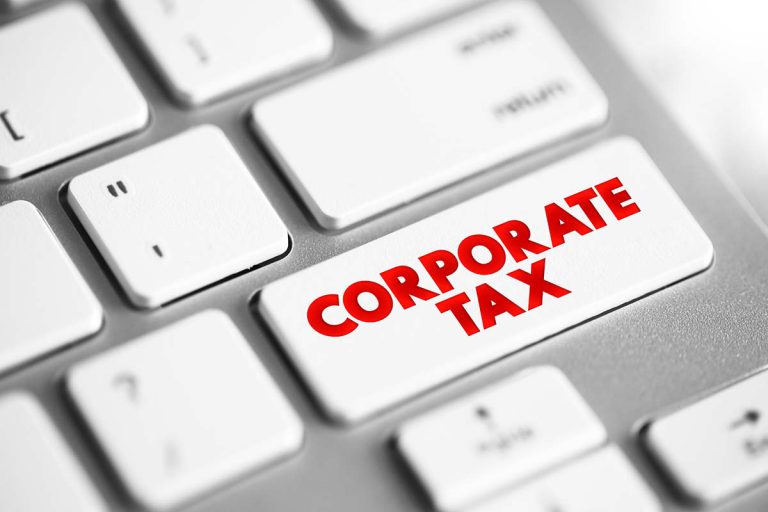MTD for CT
MTD for Corporation Tax (MTD for CT) is the third phase of the Governments goal to revolutionise tax administration.
The Road Ahead for MTD for CT
MTD for VAT was the first phase introduced in 2019. Furthermore, the second phase, starting in April 2026, will apply to specific self-employed businesses and landlords. Additionally, MTD for CT, focusing on Corporation Tax, is the third phase and will not be mandated before April 2026. Consequently, the MTD program is the UK Government’s flagship initiative to modernise the tax system. This initiative aims to create a real-time, practical, resilient, reliable, and up-to-date tax regime that supports taxpayers.
Moreover, MTD for Corporation Tax will proceed as planned. The government aims to revolutionise tax administration by implementing Making Tax Digital (MTD). Since MTD for VAT is already in operation, the current consultation process will soon implement MTD for Self-Assessment and Corporation Tax. Thus, MTD for CT plays a crucial role in this initiative, ensuring a more streamlined and efficient tax system.
MTD for CT in Brief
The government’s objective for MTD for Corporation Tax (CT) is to minimise mistakes that cause a £1.8 billion gap in Corporation Tax. Furthermore, the three fundamental principles of digitalising the taxation system are essential:
- First and foremost, businesses must maintain certain records in digital format using MTD-compatible software, ensuring all information remains accurate and up to date.
- Additionally, businesses need to submit quarterly income and expenditure updates to HMRC via online filing, which helps keep tax information current and minimises errors.
- Finally, businesses complete the process after the accounting period ends, ensuring all financial data is accurate and compliant with HMRC regulations.
These steps aim to create a more efficient, reliable and accurate tax system, ultimately benefiting both businesses and HMRC.

Digital records within the organisation’s software will serve as the primary record for their accounts. Additionally, to adhere to MTD, businesses must perform accounting and tax adjustments either in that software or connected software.
Moreover, documenting income and expenses requires a digital record of the transaction’s date, category, and amount. For small businesses, reporting categories will be similar to those used in MTD for ITSA. These categories include dividend payments, loans, and other benefits to directors, stakeholders, and individuals, as well as director loan balances.
Furthermore, various software options will be suitable for MTD for CT. Some enterprises must shift to modern MTD-compatible accounting systems. However, others may continue using their current software, such as spreadsheets, by linking them to HMRC systems with bridging software.
Transitioning to MTD for Corporation Tax
The government is set to introduce MTD for CT, retaining the traditional CT600 procedure while mandating MTD-compatible software for submissions. Moreover, HMRC foresees challenges for companies below the £85,000 VAT threshold in transitioning to MTD. It’s advisable for businesses to plan for procedural, software, and system adjustments promptly. Additionally, distinct reporting obligations exist for MTD for CT and MTD for VAT, requiring separate software compliance.


Guidance for Nonprofit Organisations on MTD for CT
Making Tax Digital for Corporation Tax (CT) impacts entities subject to Corporation Tax, including charities, community amateur sports clubs, and other nonprofit organisations. Initially, the government proposed that charities’ nontrading activities would be exempt from MTD. However, the current proposal includes all charities in the scope of CT, mandating the filing of a company tax return. Nonprofit organisations should prepare for MTD for CT. Further information will be provided as it becomes available.


